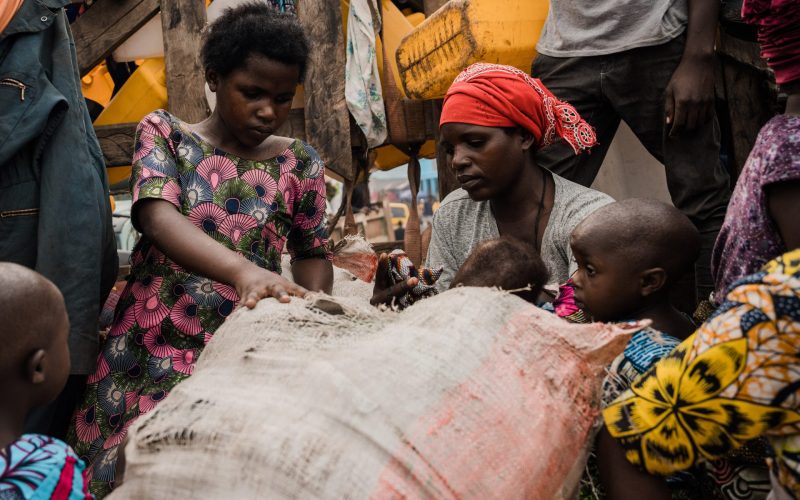With the goal of attaining a permanent seat on the Security Council – a constant aspiration of former president Lula’s government – the country has demonstrated its effective engagement in peace operations. As a result of this new approach Brazilian diplomatic discourse has also changed. The principle of non-intervention has given way to two new principles. The first is that of ‘non-indifference’. Brazilian diplomacy now affirms the non-indifference of the country with respect to situations that pose a threat to international peace and security. This posture could be construed as a midway point between nonintervention and RtoP.
A second major change in diplomatic stance stems from Brazil’s proposal of the novel concept of ‘Responsibility while Protecting’ (RwP); in essence a new twist on the original concept of RtoP. While this initiative demonstrates the country’s intention to participate actively in the UN debate, it is important to examine whether or not RwP represents a real innovation, or whether it tends merely to replicate the established principle of RtoP as initially envisaged in 2001. Should RwP be considered only a repackaged version of RtoP, or does it represent an important step forward in adumbrating RtoP? This article aims to analyze the evolution of Brazil’s diplomacy before the UN and the search for global norms regarding RtoP.








